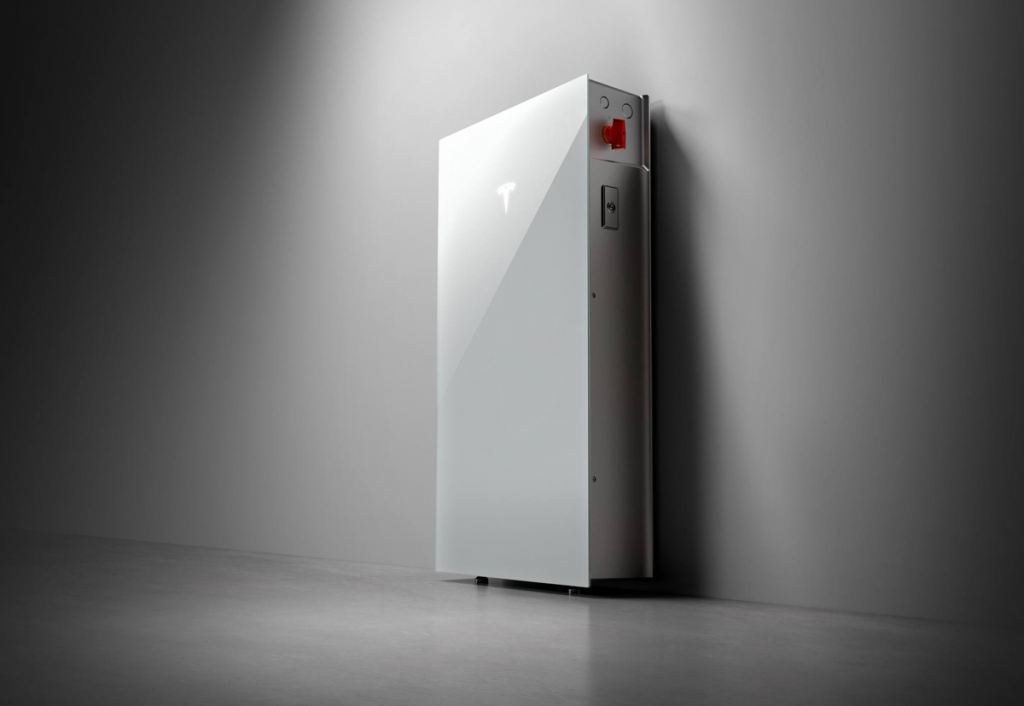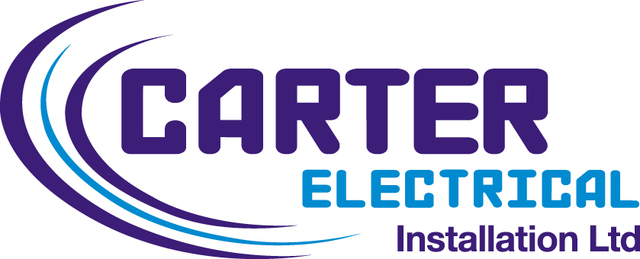Did you know that last Wednesday 1st October was Energy Efficiency Day? As the leaves turn golden and there’s a distinct chill in the air, many of us start thinking about turning on the heating (are you guilty of that yet?!). But before you crank up the thermostat, take a moment to consider how much precious heat might be escaping your home, and your wallet!
Preparing your home for autumn and winter doesn’t have to be a monumental task. A few simple, quick-win adjustments can make a significant difference to your comfort and energy bills. Even better, these small changes lay the groundwork for maximising the efficiency of advanced systems like heat pumps or solar and battery setups.
Here are 5 simple tips to make your home autumn-ready and reduce heat loss:
1. Bleed Your Radiators for Optimal Performance
Over time, air can get trapped inside your radiators, preventing hot water from circulating properly. If the top of your radiator feels cool while the bottom is warm, it’s a clear sign you need to bleed it.
How to do it: With the heating turned off, use a radiator key (which you can find at any hardware store) and a cloth to open the valve on the side of the radiator. You’ll hear a hiss as the air escapes, and once water starts to trickle out, close the valve. This simple act ensures your radiators are heating your rooms, not just themselves!

Maximising with renewables: If you have an air source heat pump, ensuring your radiators are efficiently transferring heat is crucial. Heat pumps operate at lower flow temperatures, so every bit of efficiency from your emitters (radiators or underfloor heating) helps them work at their best, saving you even more.
2. Seal Those Sneaky Draughts
A significant amount of heat can escape through tiny gaps around windows, doors, and even electrical outlets. Hold a lit candle near potential draught spots on a breezy day. If the flame flickers, you’ve found a leak to seal!
How to do it: Simple draught excluders for doors, self-adhesive foam strips for window frames, and even a bit of simple sealant can work wonders. Don’t forget to check your letterboxes and pet flaps too.

Maximising with renewables: Reducing draughts means less heat loss, which allows your home to maintain a comfortable temperature with less energy input. This directly reduces the workload on your heating system, whether it’s a traditional boiler or a highly efficient air source heat pump.
3. Harness the Power of Thermal Curtains & Blinds
Windows are notorious for heat loss; even double glazing can struggle to retain warmth on a cold night. But fear not, thermal curtains and blinds can act as an extra layer of insulation throughout the colder months.
How to do it: Close curtains and blinds as soon as it gets dark, trapping the day’s warmth inside, and providing a barrier against the cold outside. Open them fully during sunny daytime hours to let in natural light and to maximise that solar gain.
Maximising with renewables: If you have a solar and battery system, you’re generating your own clean power during the day. By effectively insulating your home with thermal curtains, you’re making that self-generated heat work harder and longer, reducing the amount of grid electricity you might need to top up your heating in the evening. At Carter Renewables, we are huge fans of the Tesla Powerwall 3, which gives you top-up energy generated via your solar PV panels throughout the day, without even having to tap into the grid supply.

4. Optimise Your Hot Water Cylinder (If You Have One)
If you have a hot water cylinder, ensuring it’s well-insulated is an easy win for energy efficiency.
How to do it: Check if your hot water tank has a thick, well-fitting insulation jacket. If not, or if it’s old and thin, consider upgrading it. These jackets are inexpensive and can significantly reduce standby heat loss from your hot water.
Maximising with renewables: For homes with solar PV, you might be using an immersion heater (diverted by a smart device like a MyEnergi Eddi) to heat your hot water with surplus solar energy. Insulating your tank well ensures that this free, self-generated hot water stays hot for longer, reducing the need for your main heating system or grid power to reheat it.

5. Embrace the Smart Thermostat Revolution
This is perhaps the most impactful “set it and forget it” change you can make. A smart thermostat such as Hive allows you precise control over your heating, learning your habits and optimising temperatures.
How to do it: Install a smart thermostat (or have a professional team like Carter Renewables do it!). Use its features to set schedules, control your heating remotely via an app, and even integrate it with other smart home devices. Many can learn your routine and adjust accordingly, only heating your home when and where it’s needed. Hive also offer smart radiator valves, instantly saving you energy and money by never heating an empty room again.

Maximising with renewables: Smart thermostats are game-changers when paired with heat pumps or solar and battery systems. They allow you to fine-tune your heating to work perfectly with the output of your heat pump, ensuring it runs efficiently. When integrated with a battery system, some advanced smart thermostats can even adjust heating schedules to prioritise using self-generated solar power stored in your battery, avoiding peak electricity tariffs and further reducing your reliance on the grid.
Making your home autumn-ready doesn’t just mean comfort; it means smart energy use. By implementing these simple tips, you’re not only saving money now but also paving the way for a smoother, even more efficient transition to advanced renewable solutions like those offered by Carter Renewables. Call us today on 01189677033 or contact us today to get ready to enjoy a warmer home and a smaller energy bill this season!
